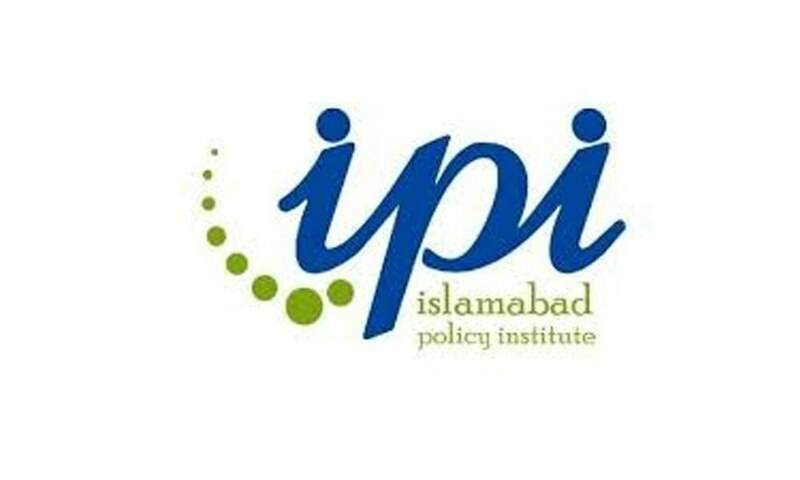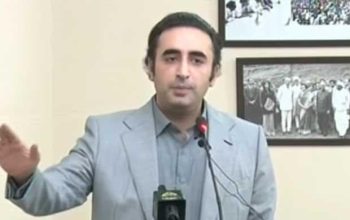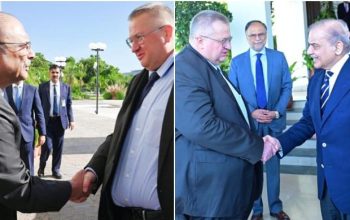ISLAMABAD: “The deepening crisis in Balochistan, exacerbated by inadequate governance, demands a shift away from reliance on a military solution and towards a comprehensive approach that prioritizes inclusive dialogue, economic development, and authentic political representation for the Baloch people.”
This was the consensus among the experts at a roundtable titled, “Balochistan’s Escalating Security Crisis” hosted by Islamabad Policy Institute (IPI) for reviewing the situation and discussing possible options to mitigate the crisis for stability in the province and country.
Balochistan, Pakistan’s largest province, is facing a rapidly deteriorating security situation driven by governance failures, ethnic tensions, and militant activity. Longstanding grievances over political marginalization, economic deprivation, and human rights abuses have fueled the rise of Baloch nationalist movements, some of which have turned to armed insurgency. The government’s militarized response has deepened local alienation. The tragic incidents of August 26, 2024 epitomised the gravity of the situation in the province.
Senator MushahidHussain, who formerly headed Senate’s foreign and defense committees, highlighted missed opportunities to address Balochistan’s long-standing issues, particularly the failure to implement key reports on political and economic empowerment including the 2005 Report of the Parliamentary Committee on Balochistan and another one recently commissioned by Islamabad High Court on missing persons issue.
Mushahid also regretted Shehbaz government’s failure to seize an offer by former Army Chief Gen(retired) QamarBajwa for resolving the issue of missing persons by legislating on arrest of people involved in terrorism and espionage.
He argued that strong provinces contribute to a strong Pakistan, advocating for local ownership of resources.
Mushahid proposed a five-point plan, including enhancing Pakistan-Iran security cooperation and empowering the Balochistan Chief Minister to address terrorism locally.
IPI Chairperson DrShireenMazaricriticised the government’s security-focused approach, calling it a failure that has militarized the province and alienated its people. She pointed to enforced disappearances and exclusion from natural resources as major grievances.
Mazari argued that foreign investment, particularly in projects like CPEC, will only succeed if local populations are included. She warned that the government’s policies are creating resentment and instability in the region.
Dr Maria Malik, assistant professor at Quaid-i-Azam University Islamabad, emphasised the need for inclusivity, arguing that political and economic opportunities for the youth are essential for development in the region.
She called for the demilitarization of Balochistan and respect for the local population’s dignity and unique identity. Malik urged the government to prioritize transparency, uphold the Constitution, and foster a more equitable and harmonious province.
Copyright Business Recorder, 2024
Read the full story at the Business Recorder - Latest News website.



